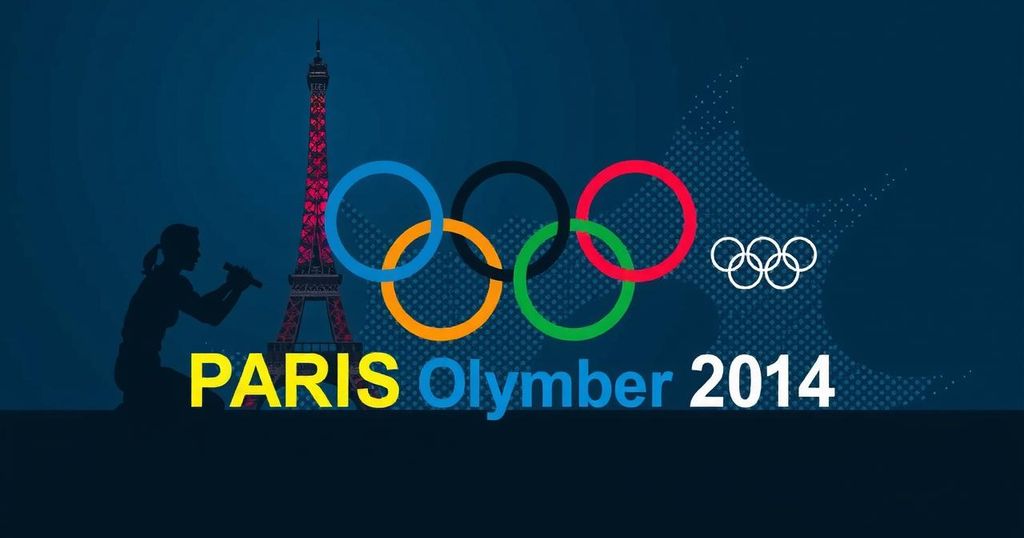The Paris Olympic Games: A COVID-19 Success Story
Summary
The 2024 Summer Olympic Games in Paris concluded with discussions not only on athletic achievements but also on the presence of COVID-19, with 40 athletes testing positive. Public health experts have deemed these Games a success, highlighting less disruption compared to previous Olympics, attributed to advancements in science and medicine. Unlike previous events, Paris had no stringent testing or participation restrictions. Experts now consider COVID-19 as an endemic virus, signifying a significant change in public health responses and strategies.
The 2024 Summer Olympics held in Paris have concluded with considerable discussion focusing on the athletic achievements, such as the number of medals won and records broken. However, amidst these triumphs, the issue of COVID-19 infection rates became a significant topic. Reports indicated that at least 40 athletes tested positive for COVID-19, as per the World Health Organization (WHO). Notable cases included Australian swimmers, a British swimmer, and a German decathlete. Remarkably, one of the American track and field stars, Noah Lyles, won a bronze medal in the 200-meter race just two days after receiving a positive COVID-19 test result. Despite the confirmed cases, public health experts have characterized the Paris Games as a notable success, demonstrating the progress achieved since the early stages of the COVID-19 pandemic in 2020. Dr. Amesh Adalja, an infectious disease specialist at the Johns Hopkins Center for Health Security, emphasized that the limited disruption caused by COVID-19 at these Games compared to previous ones in Tokyo and Beijing highlights the advancements made in tackling the virus: “COVID-19 was so less disruptive in Paris than it was in Tokyo or Beijing because of what science and medicine have done over the past four years.” This reflects a transformation in how society perceives and responds to respiratory viruses. The Paris Olympics marked a return to a semblance of normalcy following the rigorous restrictions imposed during the Tokyo 2021 and Beijing 2022 Games. Unlike prior events where athletes faced stringent testing and quarantine protocols, the Paris Games did not enforce regular testing requirements or restrictions on participant attendance. Athletes were permitted to compete despite positive tests, with individual discretion determining their participation alongside their teams and medical staff. The number of COVID-19 positive results from the Paris Olympics, though concerning, may not represent the full scope of infections, as the absence of mandatory testing could mean underreporting. Dr. Pedro Piedra, an expert in virology, noted, “I am sure that that is a gross under-representation of the actual number of cases.” Notably, the Australian Olympic Committee reported that 16 athletes tested positive, including several swimmers, and swimmer Adam Peaty confirmed his positive result shortly after a medal-winning performance. Experts suggest that COVID-19 is increasingly being viewed as an endemic virus, akin to the flu, necessitating a change in approach to public health strategies. Dr. Piedra stated, “A lot has changed, and this virus is now what we would call an endemic virus.” Dr. Adalja further remarked on the prudent management of COVID-19, indicating that the tools science has provided make dealing with the virus far more feasible today. He articulated that the general public is returning to normalcy, evidenced by athletes performing well even while infected. In summary, the Paris Summer Olympics appear to stand as a significant milestone in the context of the ongoing pandemic, reflecting advances in our understanding and management of COVID-19. The degree to which athletes successfully participated while infected underscores the evolving nature of the virus and the world’s response to it.
The article discusses the implications of COVID-19 at the 2024 Summer Olympic Games in Paris, contrasting the experience against previous Olympic events held during the pandemic. It highlights the progress made in managing COVID-19 and examines how the Paris Games signified a shift towards a more normal athletic competition environment. Experts express that the handling of COVID-19 at these games illustrates the success of medical science over the years, transforming the virus into something more manageable, akin to endemic respiratory viruses such as the flu.
In conclusion, the 2024 Summer Olympics in Paris illustrate a successful adaptation to COVID-19, showcasing the progress made in public health strategies over the past few years. With only 40 reported positive cases among athletes and no extensive restrictions compared to previous Olympic events, the Games reflect a transition towards normalcy. This transformation underscores the advancements in our understanding of the virus and the efficacy of ongoing medical efforts to manage COVID-19 as an endemic virus.
Original Source: abcnews.go.com








Post Comment